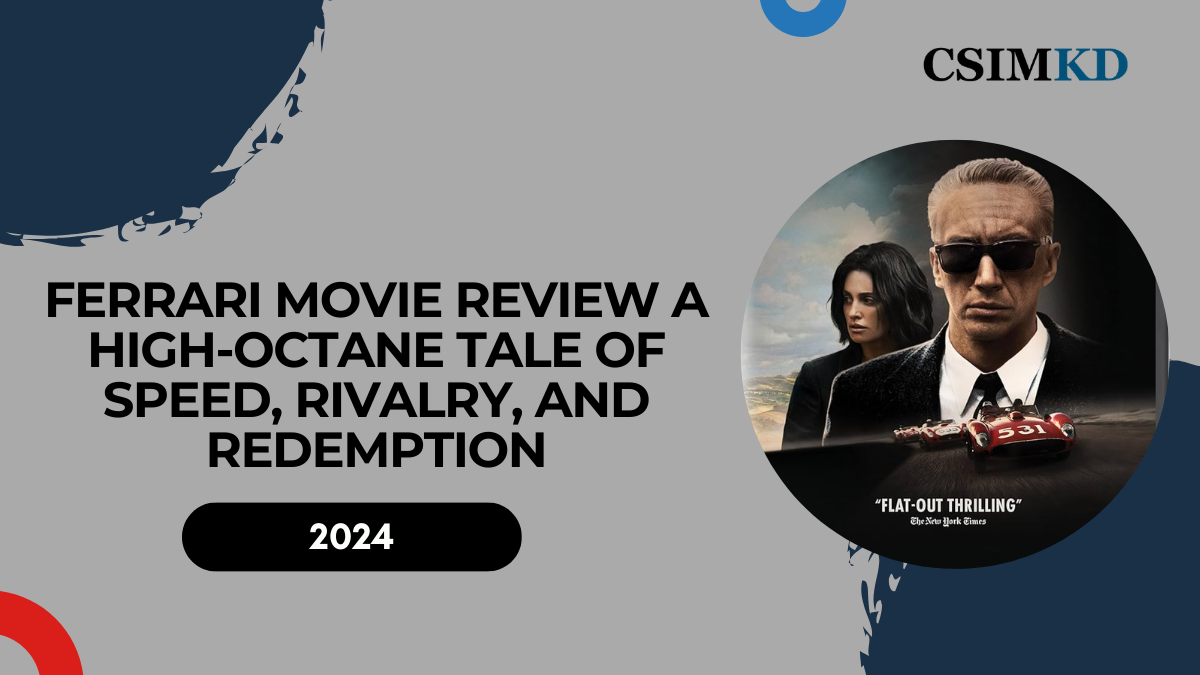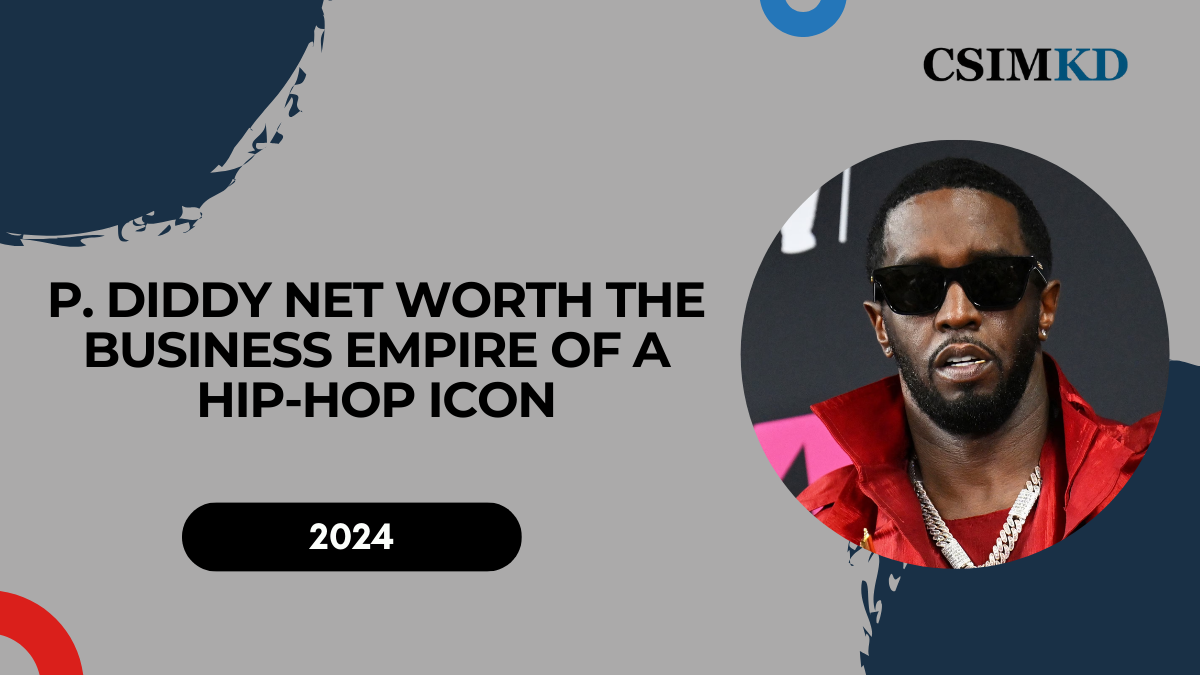The world of motorsports is known for its exhilarating speed, fierce rivalries, and tales of triumph and tragedy. The Ferrari movie brings these elements to life, capturing the essence of Enzo Ferrari’s journey through the highs and lows of building one of the world’s most iconic car brands. Directed by Michael Mann and starring Adam Driver as Enzo Ferrari, the film is a biographical drama that delves deep into the personal and professional struggles of the man behind the prancing horse.
Here, we explore how Ferrari delivers on the drama and legacy of its subject, both visually and emotionally.

A Riveting Portrayal of Enzo Ferrari’s Life
Ferrari is set in 1957, a critical year in Enzo Ferrari’s life and career. The film opens with Ferrari facing monumental challenges—his once-thriving business is under financial strain, his personal life is tumultuous, and he is haunted by the loss of his son. Ferrari’s desperation to save his company and restore his brand’s dominance in the racing world is palpable from the start, setting the tone for a tense, high-stakes narrative.
The film centres on Ferrari’s determination to win the prestigious Mille Miglia race, a 1,000-mile journey across Italy. Known for its brutal course, the Mille Miglia serves as a metaphor for Ferrari’s own journey, filled with danger, ambition, and sacrifice. Mann’s direction brings this chapter of Ferrari’s life to the screen with a careful balance of raw intensity and respectful restraint, never veering into overdramatization but rather offering a nuanced glimpse into the psyche of an enigmatic figure.
Adam Driver’s Transformative Performance
Adam Driver’s portrayal of Enzo Ferrari is nothing short of transformative. Driver embodies Ferrari’s complex personality, capturing both his relentless drive and the vulnerability hidden beneath his hardened exterior. His nuanced performance conveys Ferrari’s charisma, determination, and, most importantly, his flaws. Enzo Ferrari is depicted not merely as an icon but as a man who loved deeply, both his family and his brand and whose choices often left him in painful isolation.
The chemistry between Driver and Penélope Cruz, who plays Ferrari’s wife, Laura, is electric. Their relationship is filled with tension, with Laura grappling with the losses that Ferrari’s obsession with his work has caused their family. Cruz delivers an emotionally charged performance that complements Driver’s intensity, making their scenes together some of the most compelling in the film. Their strained yet passionate relationship adds emotional weight to the story, reminding viewers of the personal costs of Ferrari’s relentless pursuit of victory.
The Cinematic Brilliance of Michael Mann
Known for his meticulous attention to detail, Michael Mann brings an authentic, immersive experience to Ferrari. His direction shines in the race sequences, which capture the grit and danger of high-speed racing in the 1950s. Mann’s ability to depict the visceral intensity of motorsport racing is unparalleled, and he employs a blend of practical effects and careful cinematography to create a sense of realism that few racing films achieve.
Mann also uses Italy’s breathtaking landscapes and historical settings to reinforce the film’s nostalgic feel. The lush cinematography makes viewers feel as though they’ve travelled back in time, right into the world of post-war Italy. This atmospheric style contributes to the film’s authenticity and helps illustrate why Enzo Ferrari’s passion for racing went beyond simply building fast cars; it was about legacy, art, and a love for his homeland.
Themes of Ambition, Loss, and Redemption
At its core, Ferrari is a story about ambition and redemption. Enzo Ferrari’s journey is marked by relentless ambition, but it is also filled with loss, regret, and sacrifice. The film does not shy away from showing the darker side of Ferrari’s pursuit of greatness—the relationships he neglected, the lives lost in pursuit of speed, and the guilt he carried.
One of the most impactful aspects of the film is its exploration of legacy. Ferrari’s desire to create something lasting and meaningful is both his motivation and his curse, as it isolates him from the people he loves. This theme of legacy resonates powerfully throughout the film, reminding viewers of the costs that often accompany great achievements.
Conclusion: A Compelling Tribute to an Icon
Ferrari is more than just a film about fast cars; it’s a character-driven drama that explores the complexities of ambition, loss, and redemption. Michael Mann’s direction, coupled with powerful performances by Adam Driver and Penélope Cruz, makes Ferrari a gripping portrayal of one of the most influential figures in automotive history. The film’s intense race scenes, emotional depth, and historical accuracy make it a must-watch for car enthusiasts and cinema lovers alike.
In the end, Ferrari pays tribute to Enzo Ferrari’s enduring legacy, capturing the passion and pain behind the iconic prancing horse emblem. It’s a film that reminds us that behind every great achievement is a story of sacrifice, and in Ferrari’s case, a story that will continue to inspire for generations.
Click here to know more.












